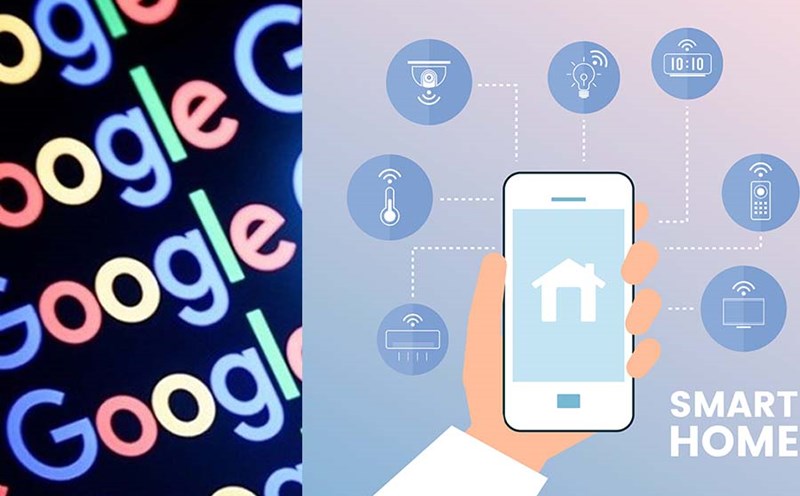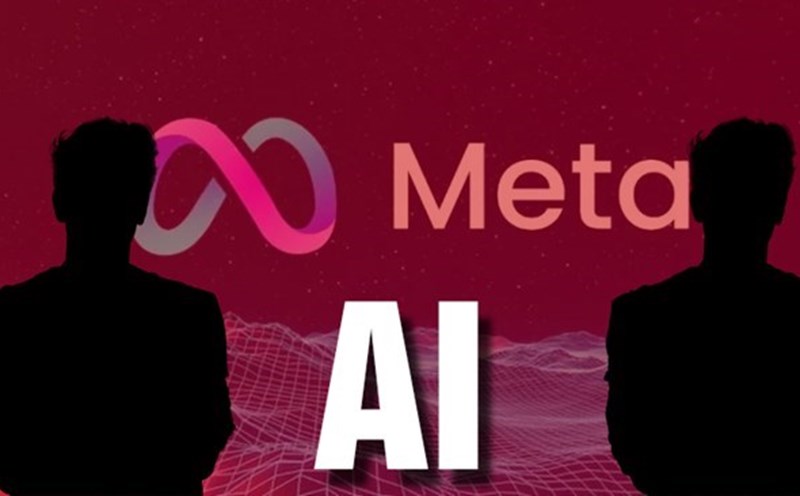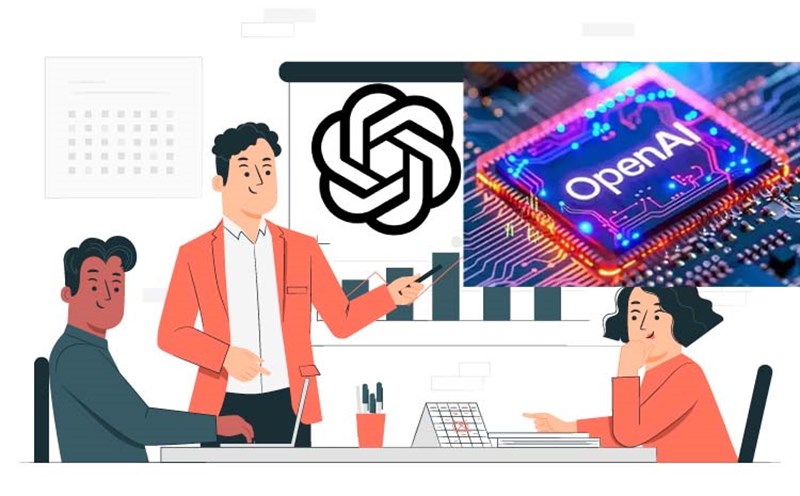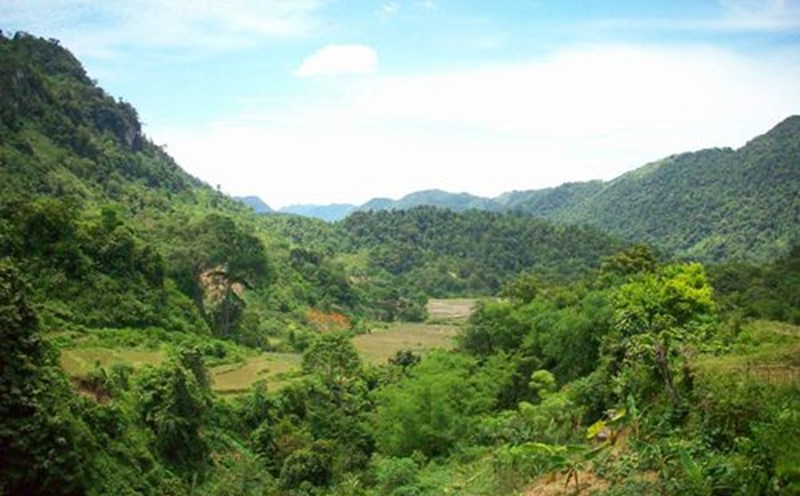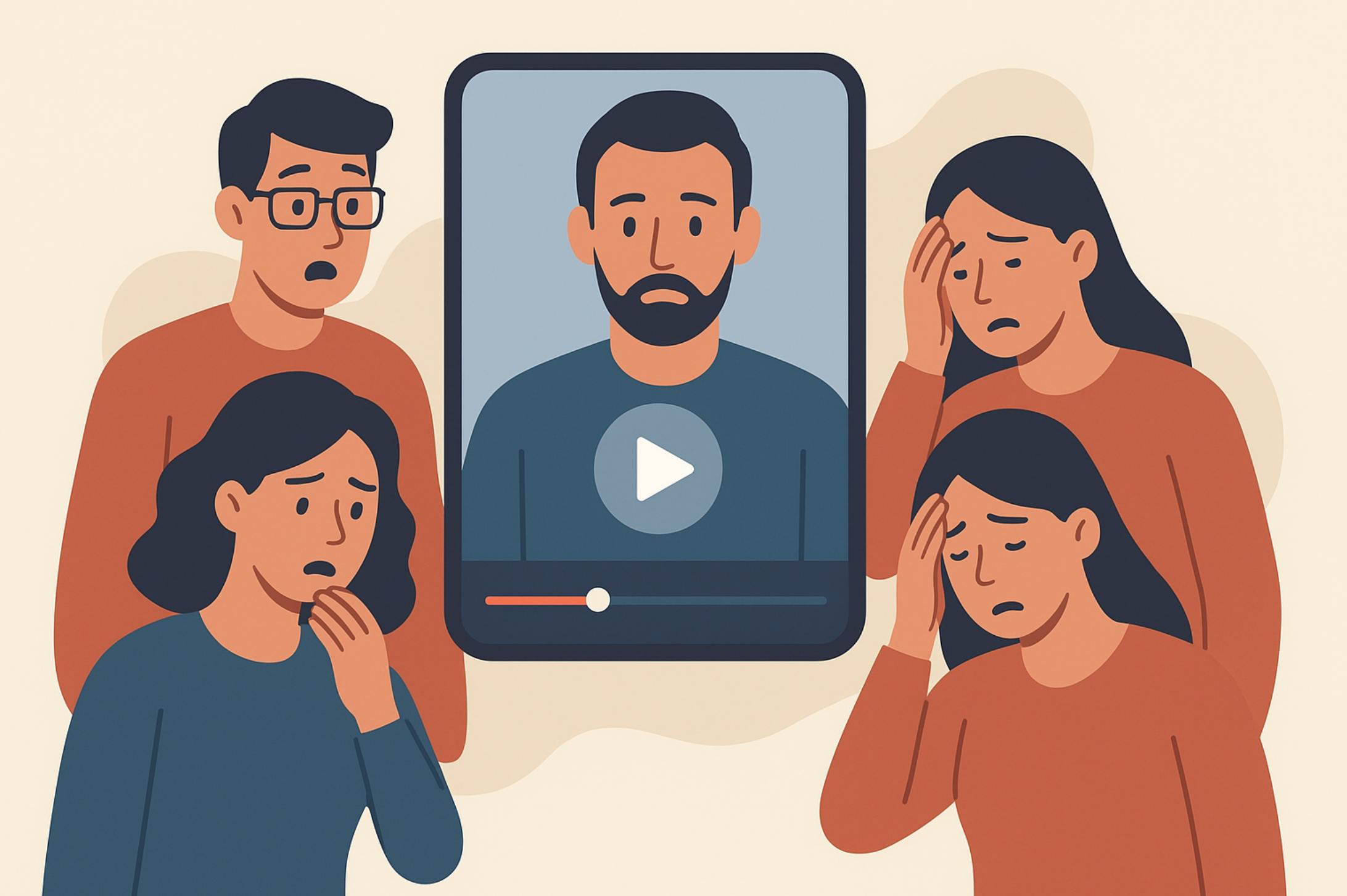
John Hallman, a pre-trained researcher at OpenAI, told X that he was really nervous to learn that the company had announced the Sora 2 release. AI-based data sources still have a lot of inappropriate information. But I believe the group has tried to bring a positive experience to users. We will do our best to make AI useful to humanity.
Boaz Barak, a Harvard professor and an OpenAI researcher, admitted that he felt both excited and uneasy. He said Sora was a technical achievement, but it was too early to be confident that it would escape the scratch of social media and deepfake.
Meanwhile, former employee Rohan Pandey took advantage of this event to promote the startup Periodic Labs, which gathers many former OpenAI researchers. If you dont want to build TikTok AI endlessly, come with us, develop AI for science, he advised.
These mixed reactions expose a long-standing tension at OpenAI: one side is the desire to research for the benefit of humanity, the other side is the need to expand consumer business. Sam altman - CEO of OpenAI explained that investing in products like Sora is necessary to have more capital and computing power to serve long-term goals like AGI and AI for science.
However, US regulators have questioned whether OpenAI will still maintain its nonprofit mission when switching to a for-profit model. California Attorney General Rob Bonta said he was chesily interested in the issue.
Unlike ChatGPT, which focuses on usefulness, Sora focuses on entertainment and short video sharing. OpenAI has said it will not optimize for addictive users but will prioritize creativity. However, some details in the app such as the emotional effect when users click likelihood show the familiar blend of traditional social networks.
The new application has only been launched for one day, but concerns from the research team themselves show that OpenAI's most difficult problem lies not in technology, but in maintaining a balance between ideals and the market.

